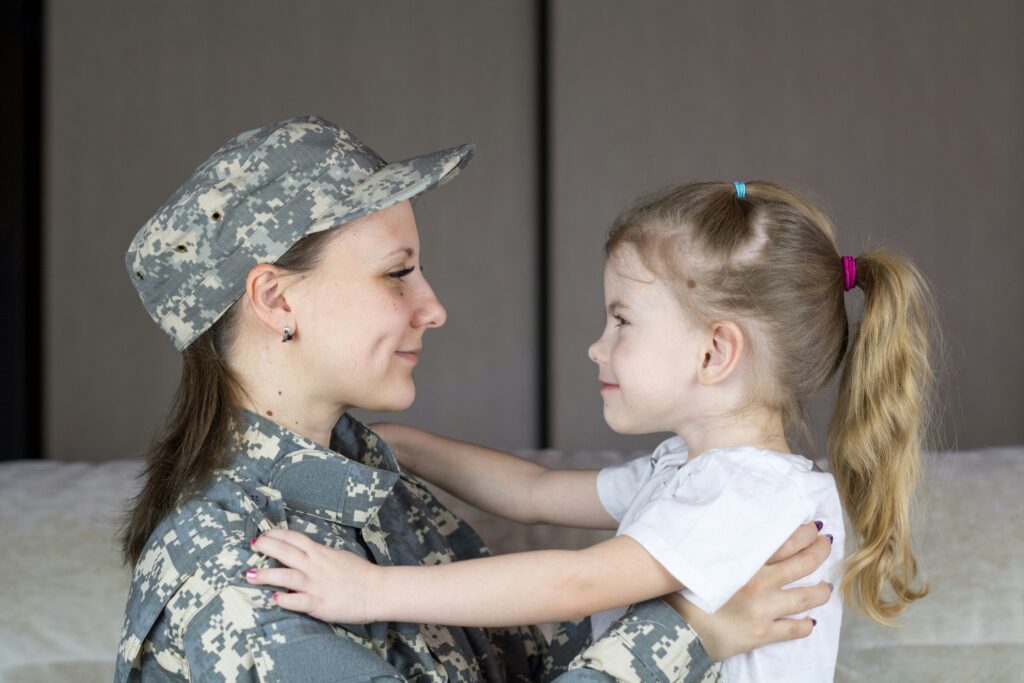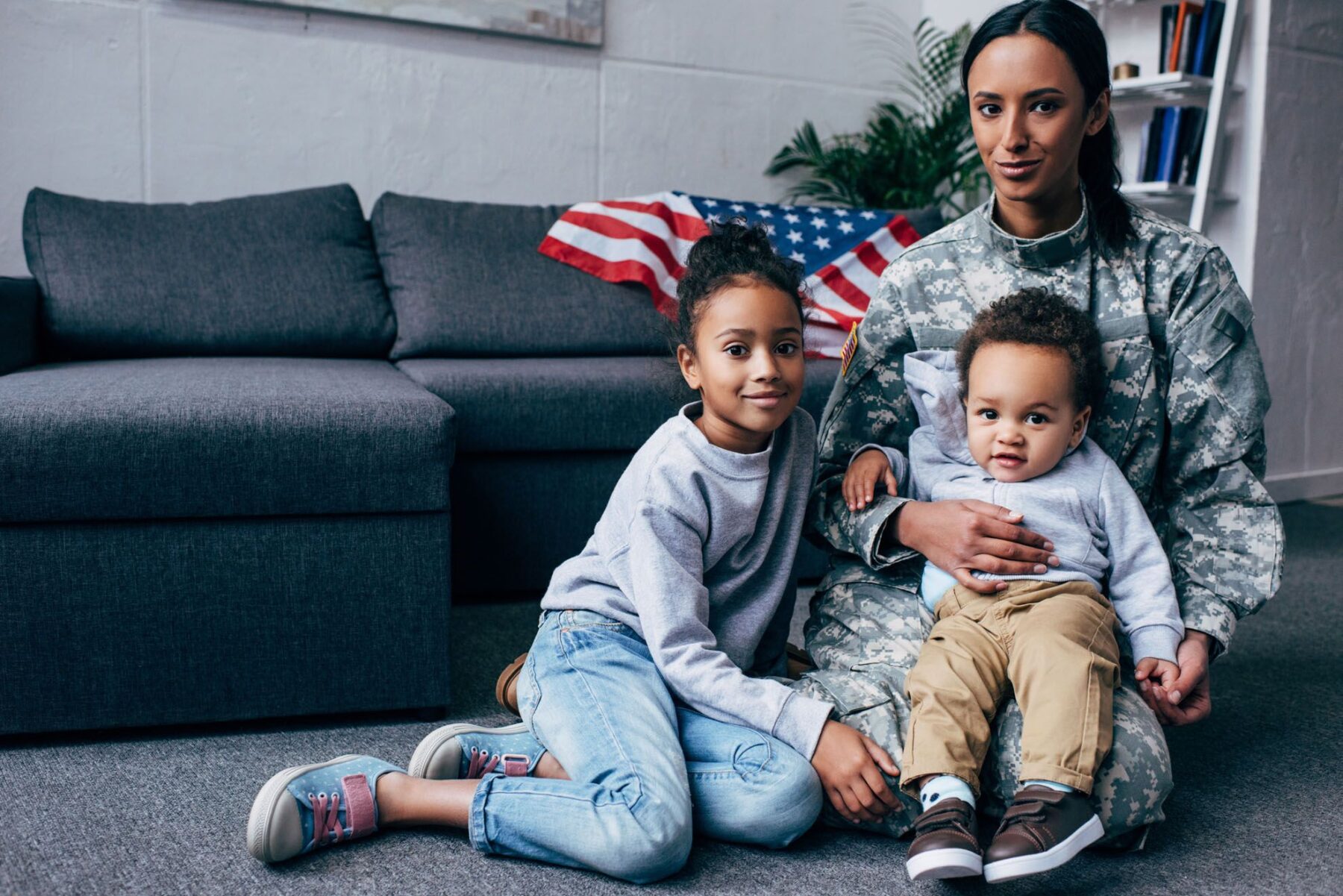Understanding the Mental Health Challenges Brought About by Redeployment
Transitioning from military deployment to civilian life is a critical phase for service members. While returning home may seem like a joyful experience, it often presents a complex set of challenges, particularly in terms of mental health. Reintegration involves more than simply returning to family and friends; it requires adapting to a new normal that can be emotionally and psychologically taxing. This process often leads to various mental health issues, such as depression, anxiety, and post-traumatic stress disorder (PTSD). By examining these challenges and the resources available to veterans, we can better understand how to navigate the transition home.
The Emotional Weight of Returning Home
For many service members, returning home after a deployment accompanies a whirlwind of emotions. On the one hand, there is relief—an overwhelming sense of safety and comfort in being away from the front lines. On the other hand, the heavy emotional burden of reintegration can manifest in unexpected ways. Veterans often feel disconnected from their families and communities, as the people and places they left behind may have changed while they were away.
Moreover, the stark contrast between the structured, mission-driven environment of deployment and the comparatively mundane and unstructured civilian world can lead to feelings of purposelessness. This loss of identity and direction is a major contributing factor to the emotional struggles faced during reintegration. Many veterans report feeling isolated despite being surrounded by loved ones as they grapple with these intense and conflicting emotions.

Post-Traumatic Stress Disorder (PTSD) and Its Impact
One of the most common mental health issues facing veterans after redeployment is post-traumatic stress disorder (PTSD). The Department of Veterans Affairs estimates that between 11% and 20% of veterans who served in Iraq and Afghanistan experience PTSD in any given year. The symptoms of PTSD include flashbacks, nightmares, hypervigilance, and intrusive thoughts, all of which can severely impact daily life and make reintegration incredibly difficult.
PTSD can also strain relationships, as veterans may struggle to express their emotions or share their experiences with family members who do not fully understand what they have been through. The fear of judgment or causing distress to loved ones often leads veterans to internalize their struggles, worsening their mental health.
Furthermore, PTSD is not always immediately apparent upon returning home. In many cases, symptoms may not surface until months or even years after redeployment, complicating reintegration. This delayed onset can make it difficult for veterans and their families to recognize the need for help early on, which is crucial for effective intervention.
Depression and Anxiety Among Veterans
In addition to PTSD, depression and anxiety are common mental health issues that many veterans face after redeployment. Depression can stem from feelings of hopelessness, isolation, or a perceived lack of purpose. Veterans who have seen traumatic events or lost comrades in battle are particularly vulnerable to depression, as they may struggle with survivor’s guilt or the grief of losing close friends.
Anxiety, on the other hand, often arises from the heightened state of alertness that military personnel maintain during deployment. In a war zone, this constant vigilance is essential for survival. However, once veterans return home, this state of hyperawareness can persist, leading to anxiety disorders that interfere with their ability to relax and re-engage with civilian life. Everyday situations, such as crowded public spaces or unexpected loud noises, can trigger severe anxiety, making even routine activities feel overwhelming.
The combination of depression and anxiety can have a crippling effect on veterans’ ability to reintegrate, affecting their personal relationships, employment, and overall quality of life. Without proper support and treatment, these mental health issues can spiral into a vicious cycle that becomes increasingly difficult to break.
The Importance of Family Support
The role of family in the reintegration process cannot be overstated. While military families are often resilient, they, too, face significant challenges when their loved ones return from deployment. Partners and children may have developed new routines and ways of coping in the absence of their deployed family member, leading to a sense of disruption when the veteran returns home.
Communication between veterans and their families is essential for successful reintegration, but it can be one of the most challenging aspects of the transition. Veterans may find it difficult to open up about their experiences, while family members may be unsure how to approach sensitive topics. This communication breakdown can lead to misunderstandings, resentment, and emotional distance.
Family counseling and support groups can be invaluable tools for veterans and their families navigating this transition. These resources provide a safe space for open communication and offer strategies for rebuilding relationships and trust after deployment. Involving the entire family in reintegration helps create a supportive environment where veterans feel understood and valued.
Accessing Mental Health Resources
While the mental health challenges associated with redeployment are daunting, there are numerous resources available to help veterans navigate the transition home. The Department of Veterans Affairs (VA) offers a wide range of mental health services, including counseling, support groups, and treatment for PTSD, depression, and anxiety. The VA also provides specialized programs for veterans who may be at higher risk for mental health issues, such as those who experienced combat or other traumatic events.
In addition to VA services, non-profit organizations such as the Wounded Warrior Project and Give an Hour offer free mental health support to veterans and their families. These organizations often provide services beyond traditional therapy, such as peer support networks, career counseling, and wellness programs designed to improve veterans’ overall well-being. Besides these governmental agencies and veteran-focused non-profits, veterans and their families can find a mental health therapist in the community who understands the unique needs of military families.
Accessing these resources as early as possible is crucial for veterans struggling with mental health issues. Studies have shown that early intervention can significantly reduce the severity of symptoms and improve long-term outcomes. However, many veterans are reluctant to seek help due to the stigma surrounding mental health in the military community. Reducing this stigma and encouraging open conversations about mental health is vital to ensuring that veterans receive the care they need.
The Role of Community in Reintegration
The broader community also plays a critical role in helping veterans reintegrate after deployment. Employers, educators, and local organizations can all contribute to a supportive environment for veterans. Employers, for example, can offer flexible work schedules and provide accommodations for veterans dealing with mental health issues. In contrast, educational institutions can provide specialized support for veterans transitioning into academic life.
Community outreach programs, such as veteran mentorship initiatives and social support groups, can also help veterans feel more connected and reduce feelings of isolation. These programs provide opportunities for veterans to share their experiences, build relationships with other veterans, and develop new skills that can aid in their reintegration.
Conclusion
Reintegration after deployment is a challenging journey that affects every aspect of a veteran’s life. While the joy of returning home is undeniable, the mental health challenges that accompany this transition—such as PTSD, depression, and anxiety—are often overlooked. A comprehensive approach that involves family support, access to mental health resources, and community involvement is essential for helping veterans navigate this difficult period.
Understanding the complexities of reintegration and the unique mental health struggles veterans face is the first step toward creating a more supportive and compassionate environment for those who have served. By fostering open conversations about mental health and encouraging veterans to seek help, we can ease their transition home and honor the sacrifices they have made in the line of duty.
Military Family Online Therapy in Florida, Idaho, South Carolina, and Utah
At Calming Transformations Counseling, our therapists acknowledge the adjustment that military members and their families have to make after deployment. We also serve those with anxiety, stress, depression, or relationship issues, who may be religious. Sessions can be held through online therapy in the states of Florida, Idaho, South Carolina or Utah, or walk and talk therapy in Hillsborough County, Florida. Book an appointment or contact us today to schedule a session and take the first step toward a more peaceful life.
